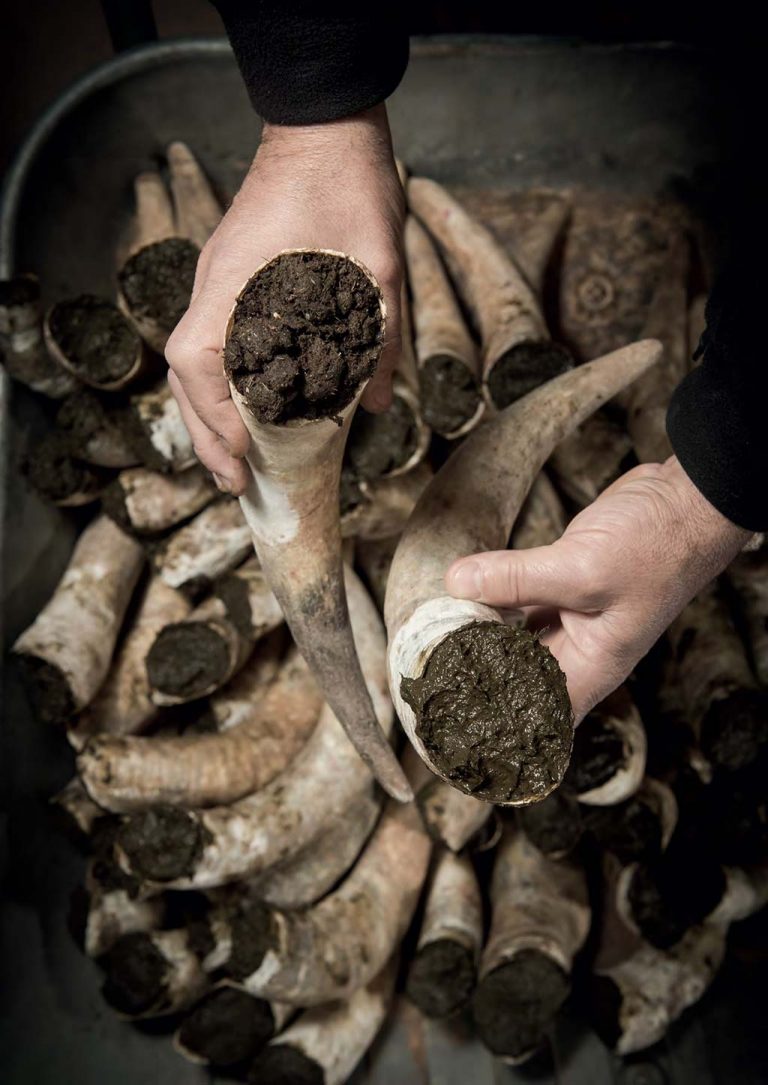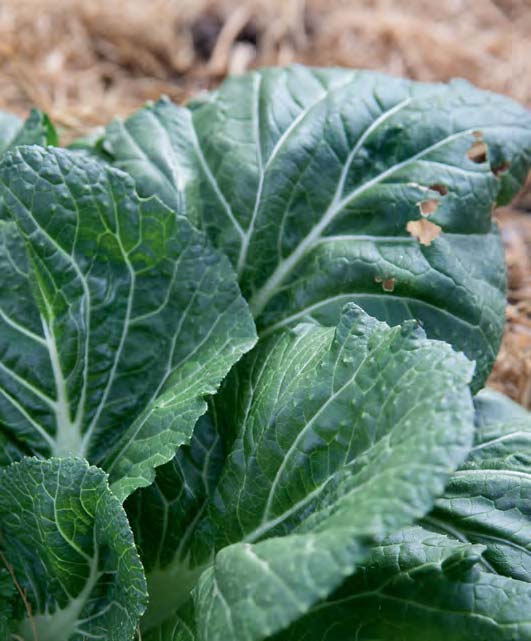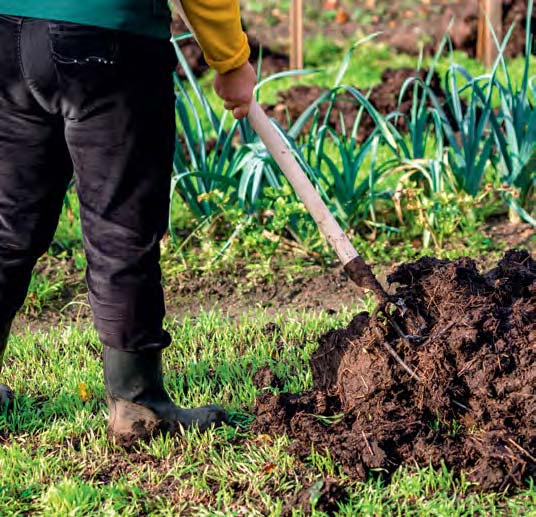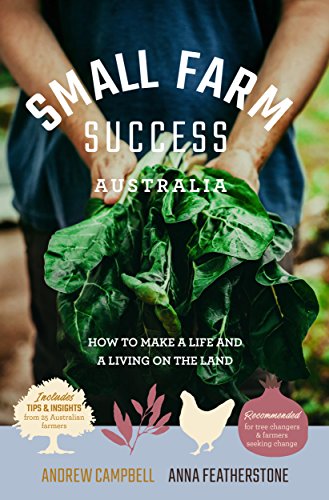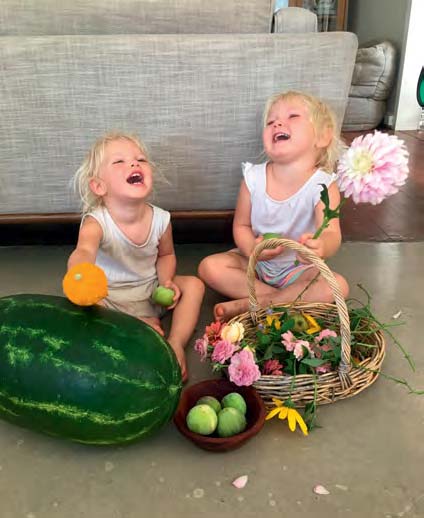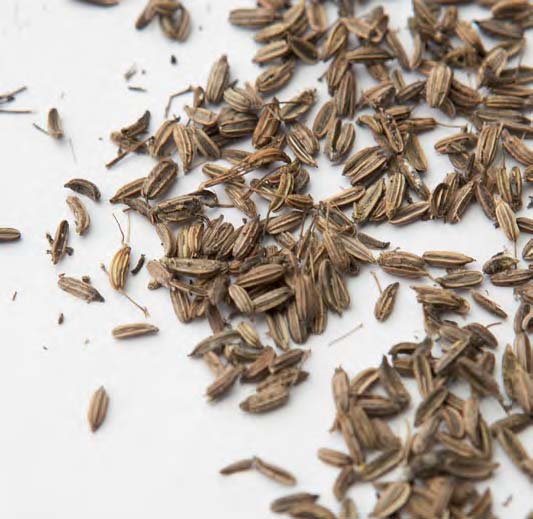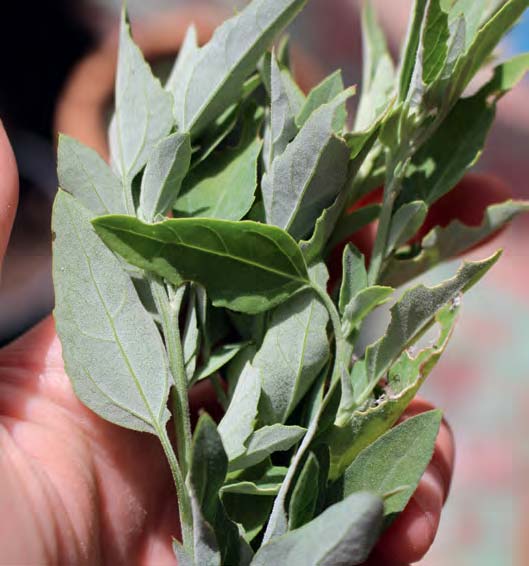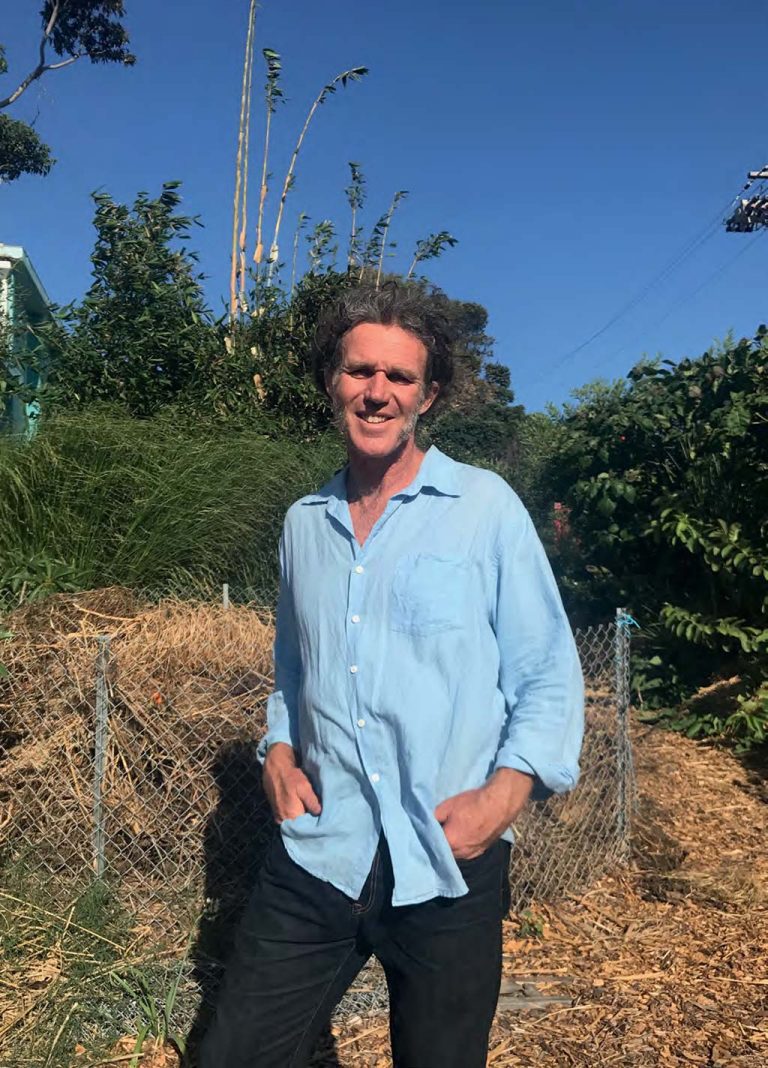Editorial
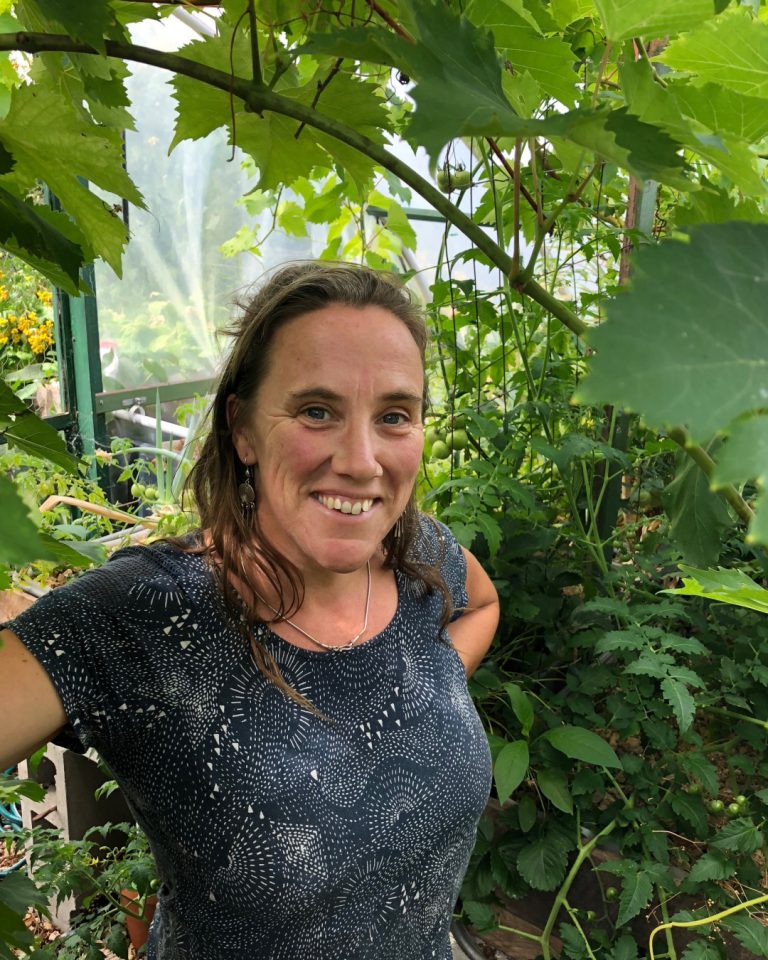
Hey Pipsters,
Preparing this issue of Pip for you has been an inspiring experience. In the process of interviewing people, photographing them and editing the articles, I always learn so much and get really excited by all of the great things people are doing.
After talking to Jodie Vennitti (A Year From The Garden, page 32) about her challenge to only eat fruit and veg from her garden for a year, I wanted to push myself a bit further so I too could do this. I eat loads from my garden but not everything. Setting myself a challenge makes me really think about what I grow and how, and makes me evaluate the design and systems I have in place.
And after going out to Emily Stokes’ place to take photos of her milking her cow (Dreaming of a House Cow, page 28), I was so impressed by all that she’s doing on her property. I love the idea of having a house cow and milking her every day, but in reality it just wouldn’t work for me right now. But it is great to dream about the prospect of doing it one day when my life is slightly less busy.

